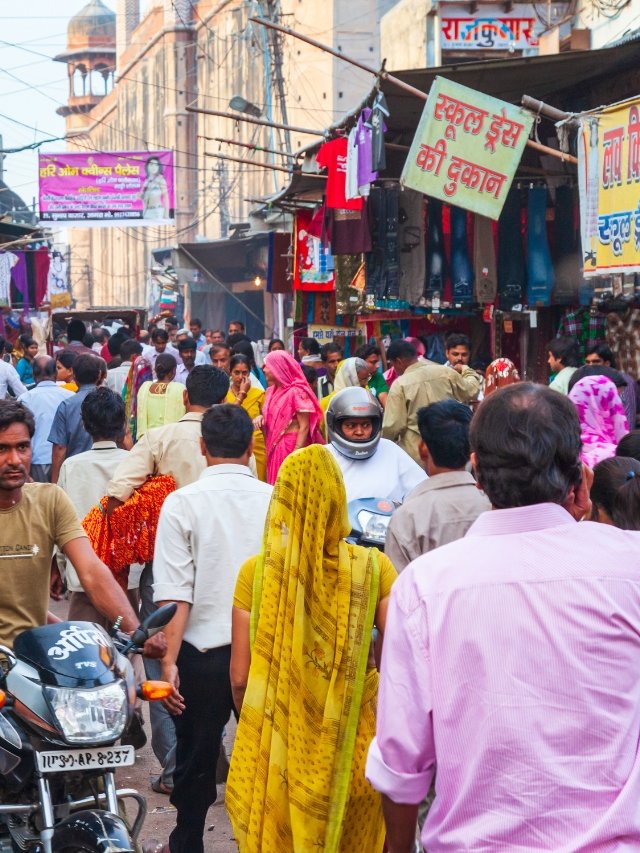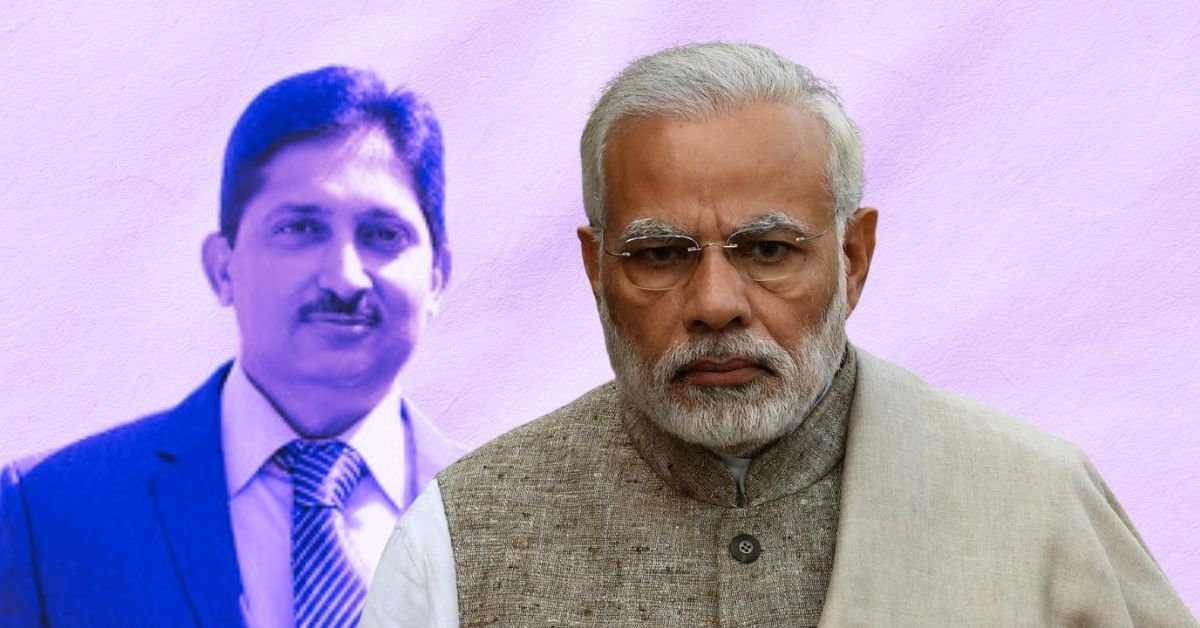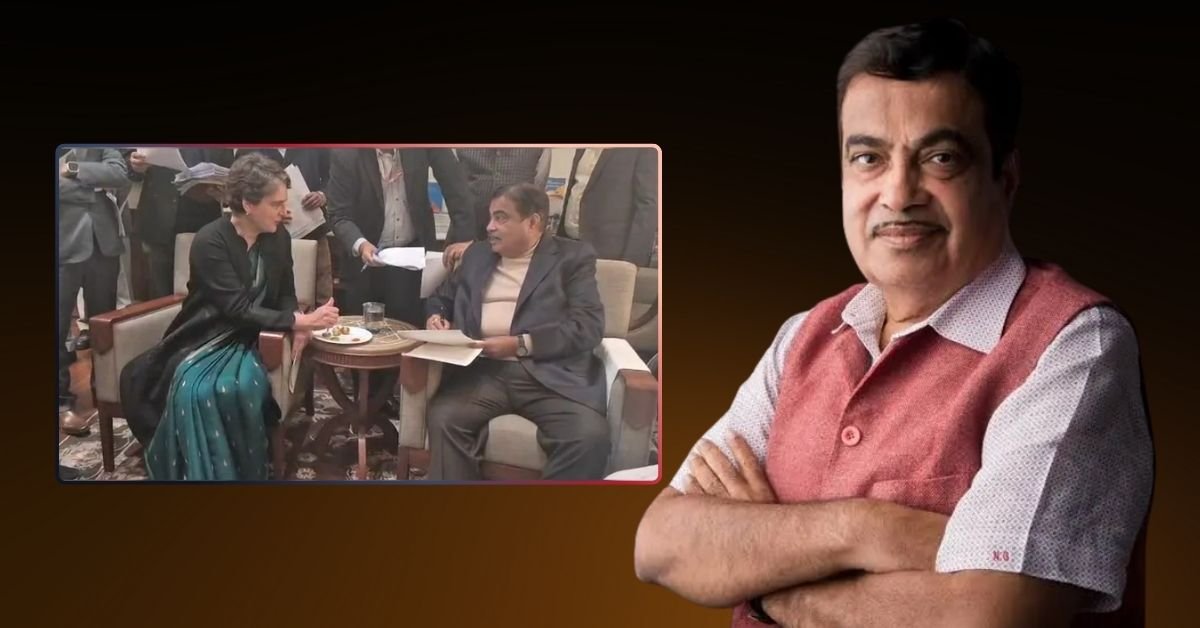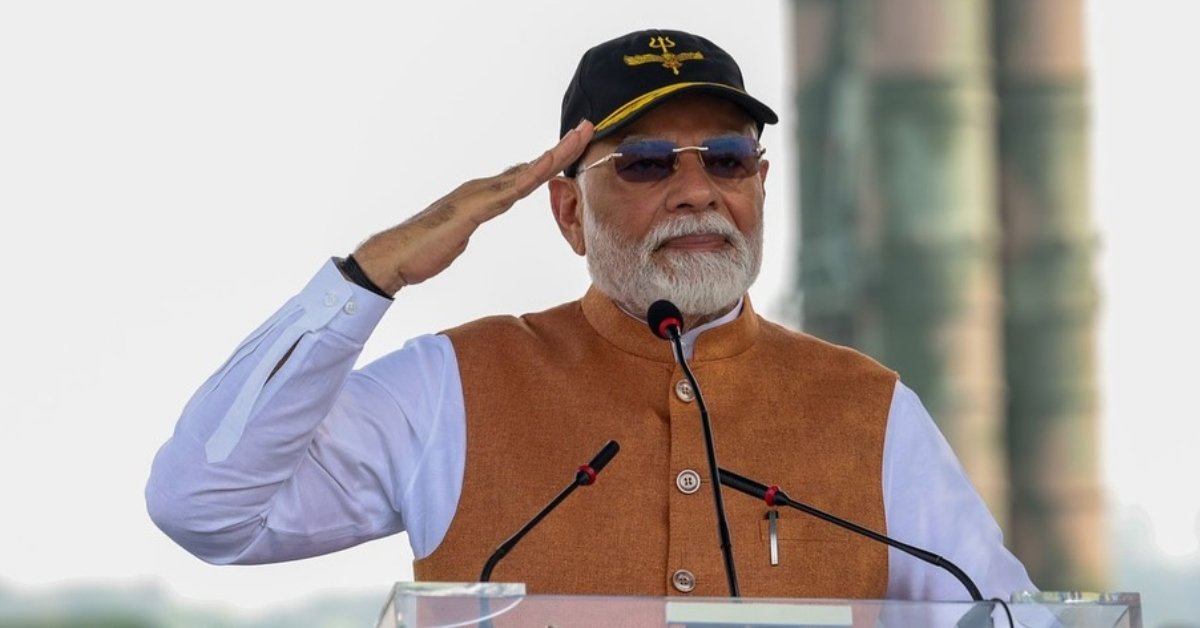Table Of Contents
Hey there, readers!
Buckle up for a deep dive into Prime Minister Narendra Modi‘s historic visit to Cyprus, one of the most talked-about diplomatic moves in 2025.
It is not just a routine trip but a bold step that has gotten everyone buzzing, from Delhi to Nicosia.
Why is PM Modi’s Cyprus visit such a big deal?
Is it a strategic message to Turkey?
Moreover, how does it reshape India-Cyprus relations?
At THOUSIF Inc. – INDIA, we are breaking it all down for you in a way that’s clear, engaging, and packed with insights.
Let us explore this game-changing moment!
The Big Picture: Why Cyprus, Why Now?
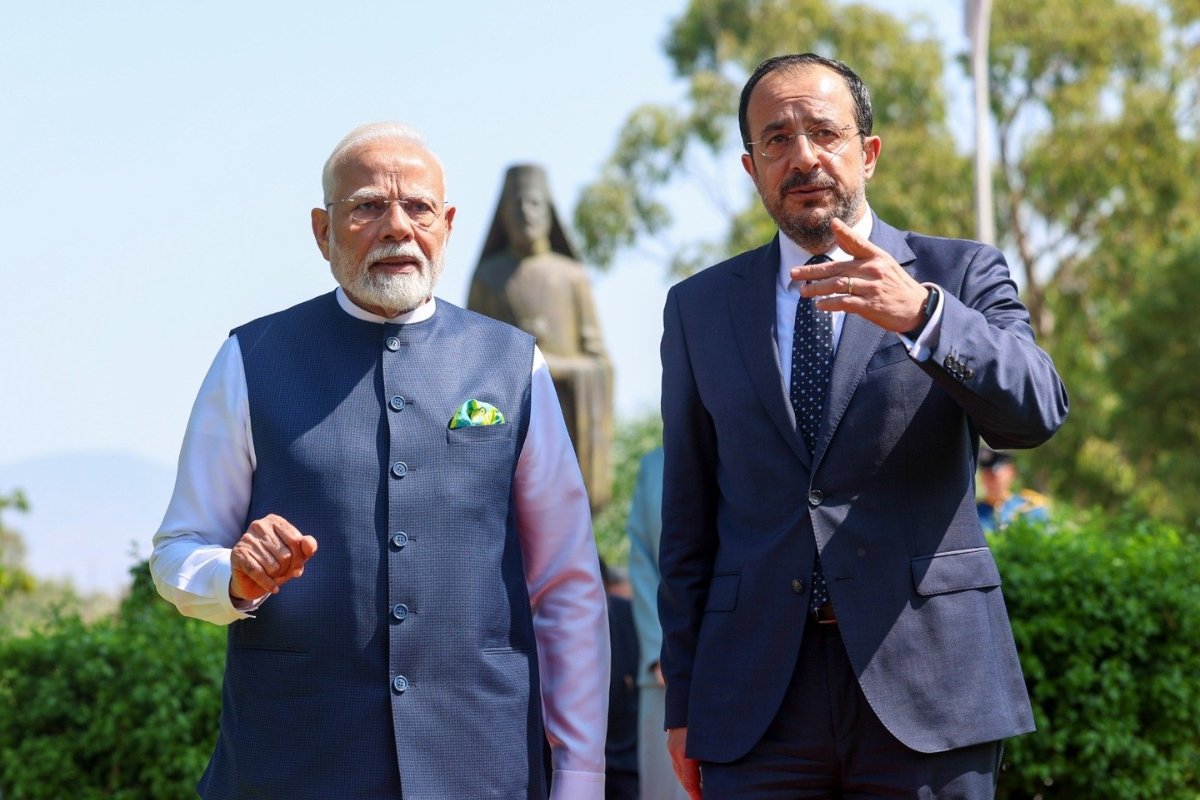
On June 15, 2025, PM Modi touched down in Cyprus, marking the first visit by an Indian Prime Minister to the Mediterranean island in over 20 years.
This was not just a courtesy call.
It was a carefully timed move with layers of meaning.
Cyprus, a small but strategically located nation, is a key player in the Mediterranean and the European Union.
With tensions simmering in the region and India’s geopolitical challenges, this visit is a masterstroke of diplomacy.
The visit came hot on the heels of Operation Sindoor, India’s military response to a devastating terrorist attack in Kashmir on April 22, 2025, which killed 26 civilians.
India’s strikes on terrorist sites in Pakistan and Pakistan-administered Kashmir stirred up regional tensions, with Turkey openly backing Pakistan.
Enter Cyprus, a country with a history of conflict with Turkey.
PM Modi chose Cyprus as his first stop on a three-nation tour (followed by Canada and Croatia), which sent ripples through diplomatic circles.
However, is it all about a message to Turkey, or is there more to this story?
Let us unpack it.
A Warm Welcome And A Historic Moment
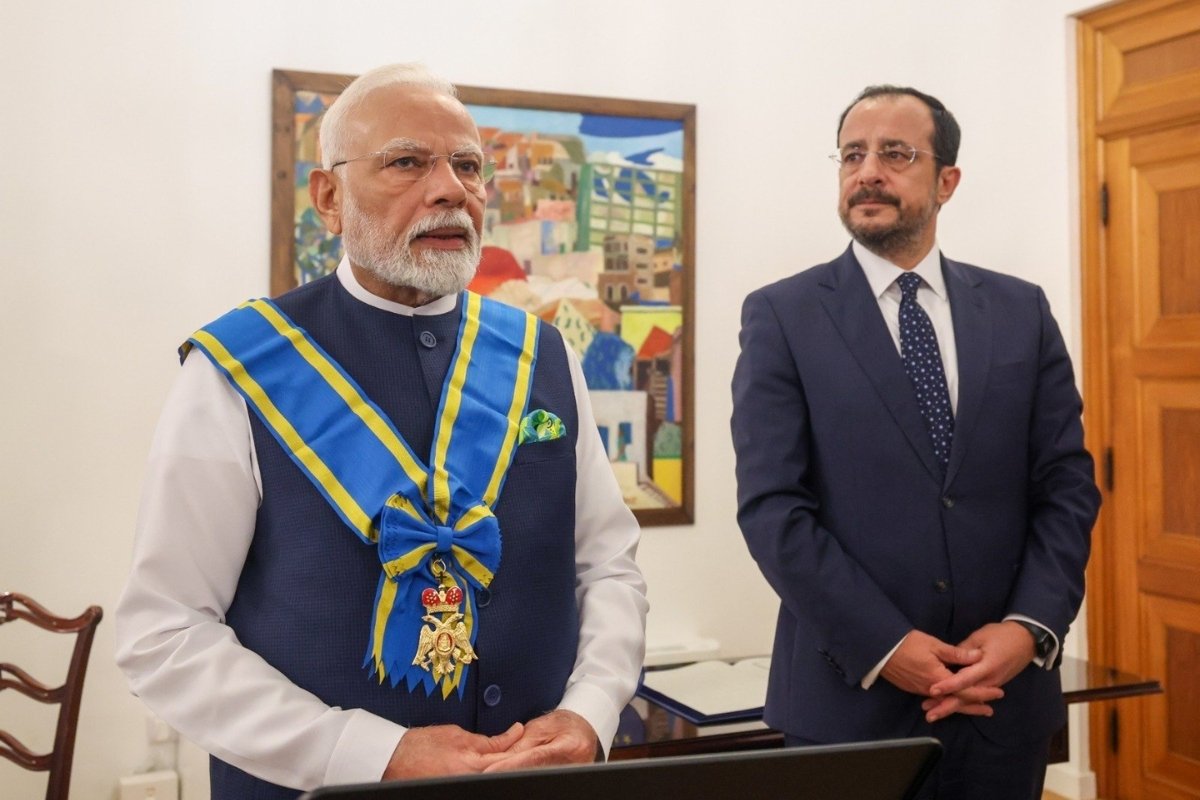
When PM Modi landed in Larnaca, Cyprus, President Nikos Christodoulides rolled out the red carpet.
The warm reception set the tone for a visit filled with symbolic gestures and concrete outcomes.
Modi was conferred the Grand Cross of the Order of Makarios III, Cyprus’s highest civilian honor, a nod to the deep friendship between the two nations.
In his remarks, Modi dedicated the award to the 1.4 billion people of India and the enduring India-Cyprus relations.
This visit, the first since Atal Bihari Vajpayee’s 2002 trip, was not just about photo ops.
Over two days, Modi held delegation-level talks in Nicosia, addressed business leaders in Limassol, and laid the groundwork for a new chapter in bilateral ties.
From trade to technology, the agenda was packed, but the geopolitical undertones were impossible to ignore.
The Geopolitical Chessboard: A Message To Turkey?
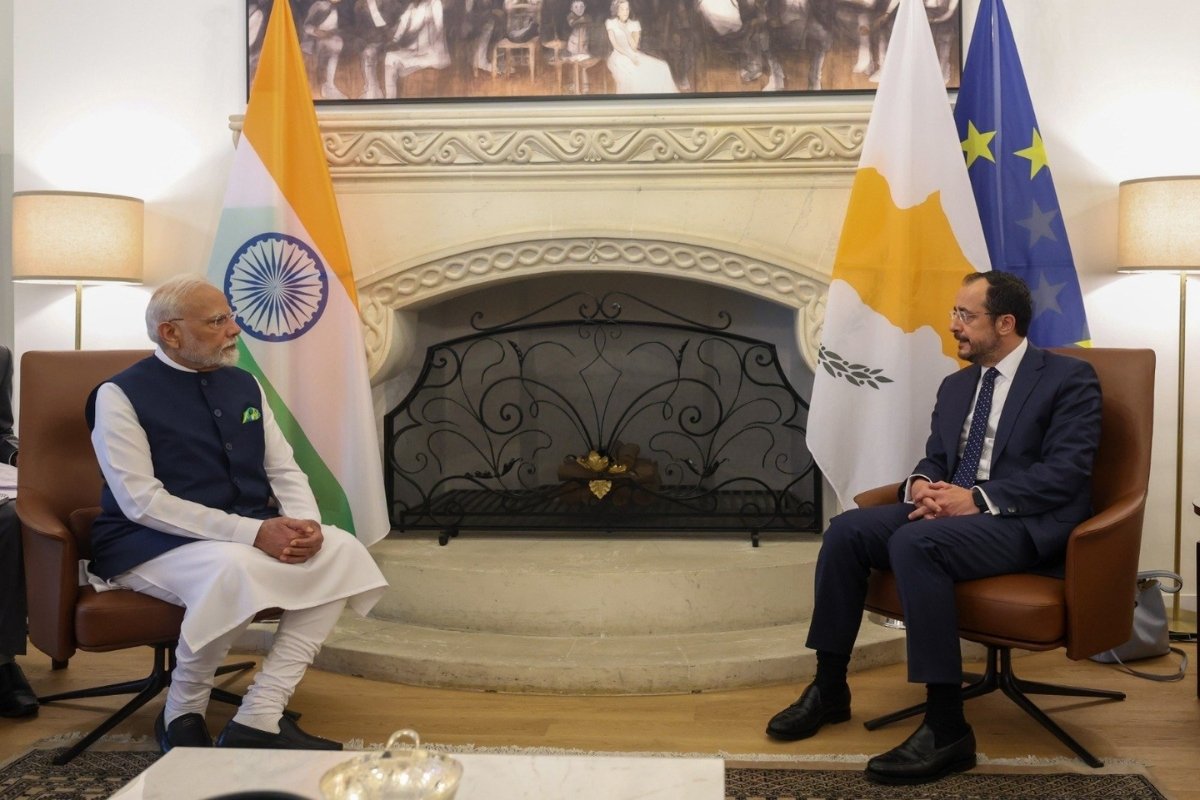
Let us talk about the elephant in the room: Turkey.
The Cyprus-Turkey conflict is a decades-long saga that shapes the region’s politics.
In 1974, Turkey invaded Cyprus, occupying the northern third of the island after a Greek Cypriot coup aimed to unite Cyprus with Greece.
The result?
A divided island, with the internationally recognized Republic of Cyprus in the south and the Turkish Republic of Northern Cyprus (recognized only by Turkey) in the north.
Tensions over territory, resources, and maritime rights continue to simmer.
India has consistently supported Cyprus’s sovereignty through UN resolutions, aligning with its stance on territorial integrity.
Meanwhile, Turkey’s growing alignment with Pakistan, especially during Operation Sindoor, has strained India-Turkey relations.
Turkey supplied drones to Pakistan and vocally supported its stance on Kashmir, prompting India to recalibrate its strategy.
Many see Modi’s visit to Cyprus as a message to Turkey, a subtle but firm signal that India stands with Cyprus, a nation facing its challenges with Ankara.
However, not everyone agrees.
Some Cypriot voices argue that the visit is more about economic and diplomatic ties than a direct jab at Turkey.
Either way, the timing is no coincidence.
Modi’s decision to tour the UN-controlled buffer zone in Cyprus further underscores the symbolic weight of his presence.
India, Cyprus, And Turkey Key Geopolitical Context

| Aspect | India | Cyprus | Turkey |
|---|---|---|---|
| Stance on Sovereignty | Supports Cyprus’s territorial integrity | Seeks reunification, opposes Turkish occupation | Claims northern Cyprus as the TRNC |
| Relation with India | N/A | Strong ally, supports India on terrorism | Strained due to Pakistan’s support |
| Recent Actions | Operation Sindoor against Pakistan | Condemned the Kashmir attack, supports India at the EU | Backed Pakistan during Operation Sindoor |
| Key Issue | Countering Pakistan’s terrorism | Cyprus-Turkey conflict | Regional influence supports Pakistan |
Strengthening India-Cyprus Relations
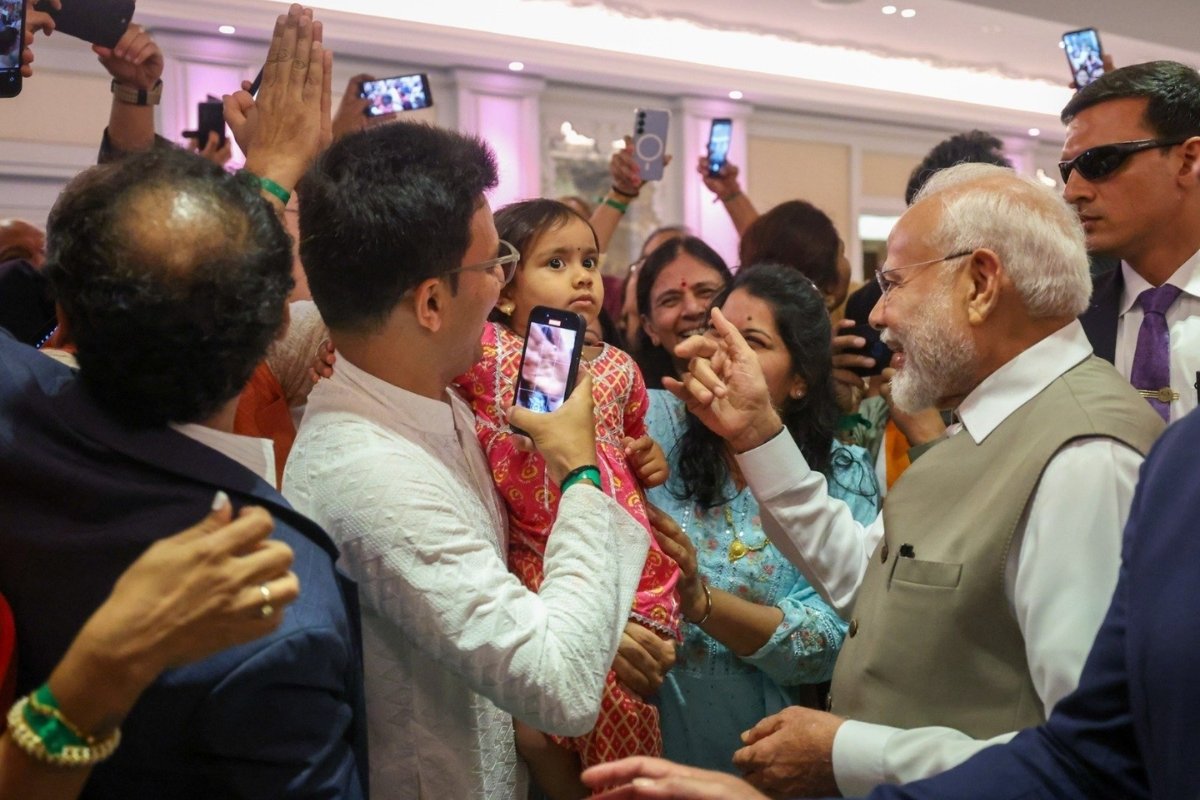
Beyond geopolitics, the visit was a major win for India-Cyprus relations.
The two nations share a history of friendship dating back to Cyprus’s independence in 1960.
Both former British colonies bonded over shared values like democracy and sovereignty.
Cyprus has been a vocal supporter of India’s bid for a permanent UN Security Council seat and its fight against cross-border terrorism, especially after the Pahalgam attack.
The visit was built on this foundation, focusing on economic, technological, and cultural cooperation.
Here is a closer look at the key areas:
Economic Cooperation: A Gateway To Europe
Cyprus is more than a sunny island.
It is a strategic hub for India’s ambitions in Europe.
As Cyprus gears up for the EU Council presidency in 2026, it is a vital partner for India’s trade and investment goals.
Modi’s address at the India-Cyprus CEO Forum in Limassol was highlighted.
In it, he pitched India as a hub for innovation, infrastructure, and digital payments.
Key economic outcomes included:
- Financial UPI Connectivity: Talks are underway to integrate Cyprus into India’s Unified Payments Interface (UPI), following France’s successful model. This could revolutionize financial transactions between the two nations.
- Gift City Pact: An agreement to boost financial collaboration through Gujarat’s International Financial Services Centre (GIFT City).
- Stock Exchange MoU: The Cyprus Stock Exchange and India’s National Stock Exchange agreed to cooperate, opening new investment avenues.
- Investment Pledges: BAO Capital Partners, a Cyprus-based fund, committed over $100 million for India-focused investments.
Cyprus is already a significant source of foreign direct investment (FDI) in India, thanks to the Double Taxation Avoidance Agreement (DTAA).
Eurobank, one of Cyprus’s largest banks, announced plans to open an office in Mumbai, signaling deeper economic ties.
Economic Outcomes Of PM Modi’s Cyprus Visit
| Initiative | Description | Impact |
|---|---|---|
| UPI Integration | Talks to bring Cyprus into India’s UPI ecosystem | Faster, seamless financial transactions |
| Gift City Pact | Financial collaboration via GIFT City, Gujarat | Boosts India’s financial services hub |
| Stock Exchange MoU | Cooperation between the Cyprus Stock Exchange and the NSE | Opens new investment opportunities |
| Eurobank Office | Eurobank to open an office in Mumbai | Strengthens EU market access for India |
| BAO Capital Pledge | $100 M+ for India-focused investments | Increases FDI in key sectors |
Energy And Infrastructure: A New Frontier
Energy security was a major focus, with Cyprus’s role in Eastern Mediterranean natural gas exploration offering potential for collaboration.
Turkey’s drilling activities in the region have sparked tensions, but Cyprus’s resources could diversify India’s energy sources.
Modi also highlighted India’s $100 billion annual investment in infrastructure and invited Cypriot businesses to join sectors like maritime development, shipbuilding, and civil aviation.
The India-Middle East-Europe Economic Corridor (IMEC) was another talking point.
This ambitious initiative aims to connect India to Europe via the Middle East, and Cyprus’s strategic location makes it a key node.
The visit laid the groundwork for Cyprus to play a bigger role in this corridor, boosting trade and connectivity.
Defense And Security: Shared Concerns
Both nations face security challenges: India with Pakistan-backed terrorism and Cyprus with Turkey’s occupation.
Discussions on defense cooperation were a priority, with the potential for joint initiatives in the defense industry.
Cyprus’s condemnation of the Pahalgam attack and its pledge to raise Pakistan’s cross-border terrorism at the EU level align with India’s priorities.
Cultural Connections: Yoga And Ayurveda
The Indian diaspora in Cyprus was thrilled about Modi’s visit, especially with International Yoga Day approaching.
Wellness practitioners like Athena Chatzikyriou, founder of JAPA Ayurveda and Yoga, praised Modi’s global promotion of yoga and Ayurveda.
The visit is expected to boost awareness of Indian cultural traditions in Cyprus, strengthening people-to-people ties.
The Broader Impact: India’s Mediterranean Strategy
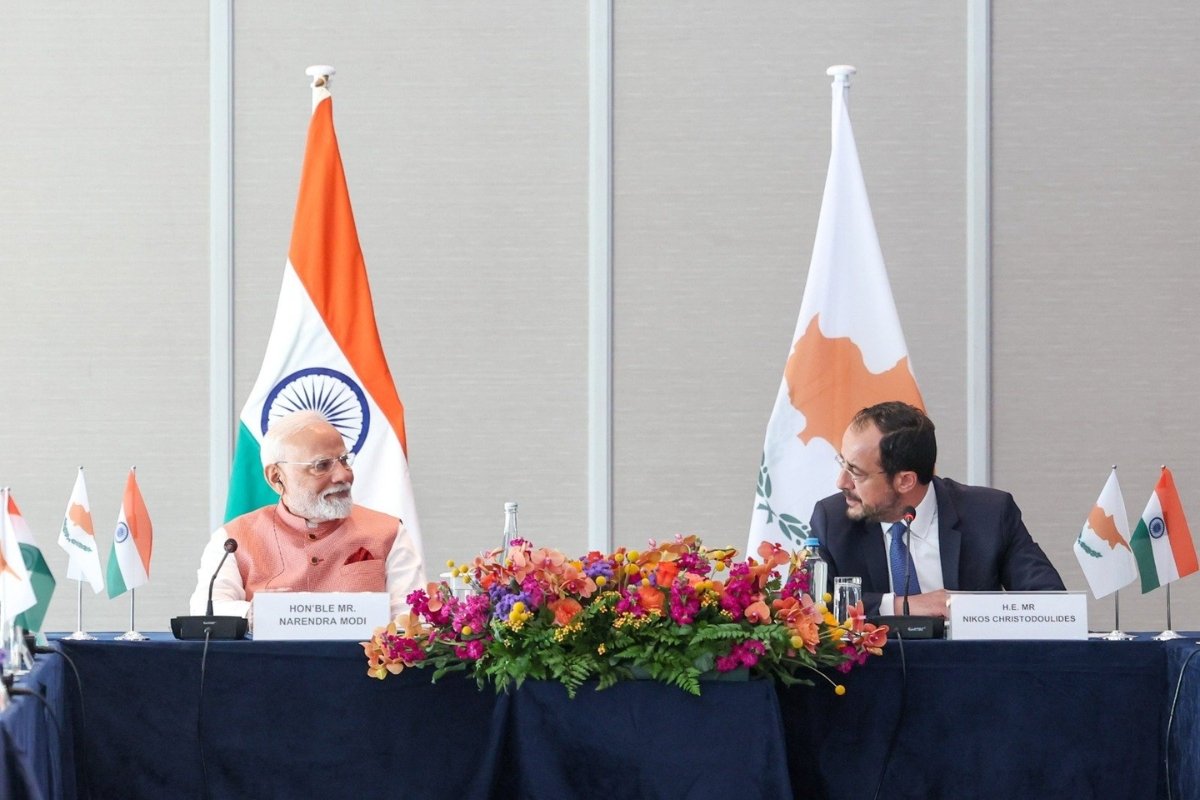
PM Modi’s Cyprus visit is not just about bilateral ties.
It is part of India’s broader Mediterranean strategy.
India is countering the Turkey-Pakistan-China axis by deepening relations with Cyprus, Greece, and other regional players.
The visit also strengthens India’s engagement with the European Union, especially as it pushes for a free trade agreement by the end of 2025.
Modi’s remarks in Cyprus emphasized global cooperation against terrorism, a nod to shared challenges with Cyprus.
The establishment of the India, Cyprus, and Greece Business and Investment Council is a promising step toward trilateral economic cooperation, with the potential to reshape regional dynamics.
| Country | Role | Interests |
|---|---|---|
| Cyprus | Gateway to the EU, IMEC partner | Counter-terrorism, trade, energy |
| Greece | Strategic ally in the Mediterranean | Defense, maritime cooperation |
| Armenia | Countering Turkey’s influence | Cultural ties, regional stability |
Voices From The Ground: What People Are Saying
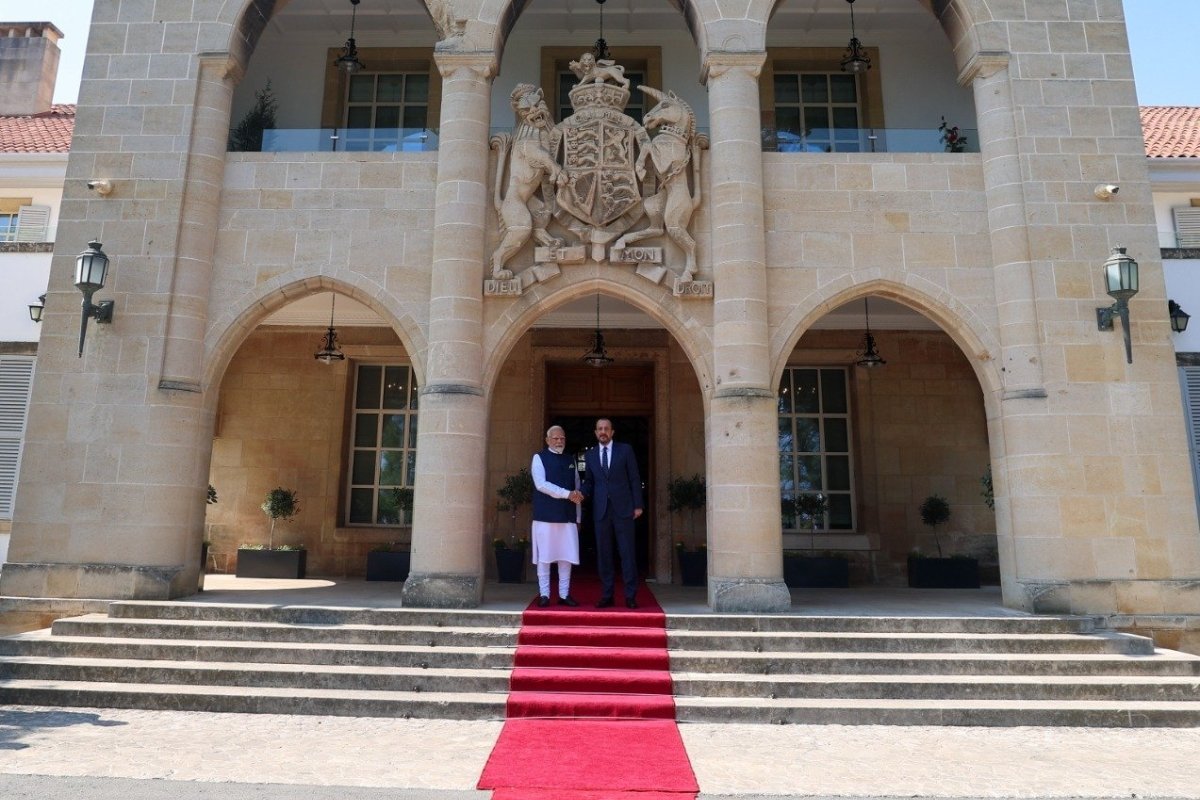
The visit sparked a flurry of reactions.
Indian media framed it as a strategic move against Turkey, while Cypriot perspectives emphasized economic benefits.
Social media posts reflected excitement, with users calling it a “masterstroke” and a “bold signal to Ankara.”
The Indian diaspora in Cyprus hailed Modi’s efforts to promote yoga and Ayurveda, seeing the visit as a moment of pride.
However, some cautioned against overreading the Turkey angle.
The focus on trade, investment, and cultural ties suggests a multifaceted agenda, not just a geopolitical jab.
Either way, the visit has put India-Cyprus relations in the spotlight.
Looking Ahead: What Is Next For India And Cyprus?
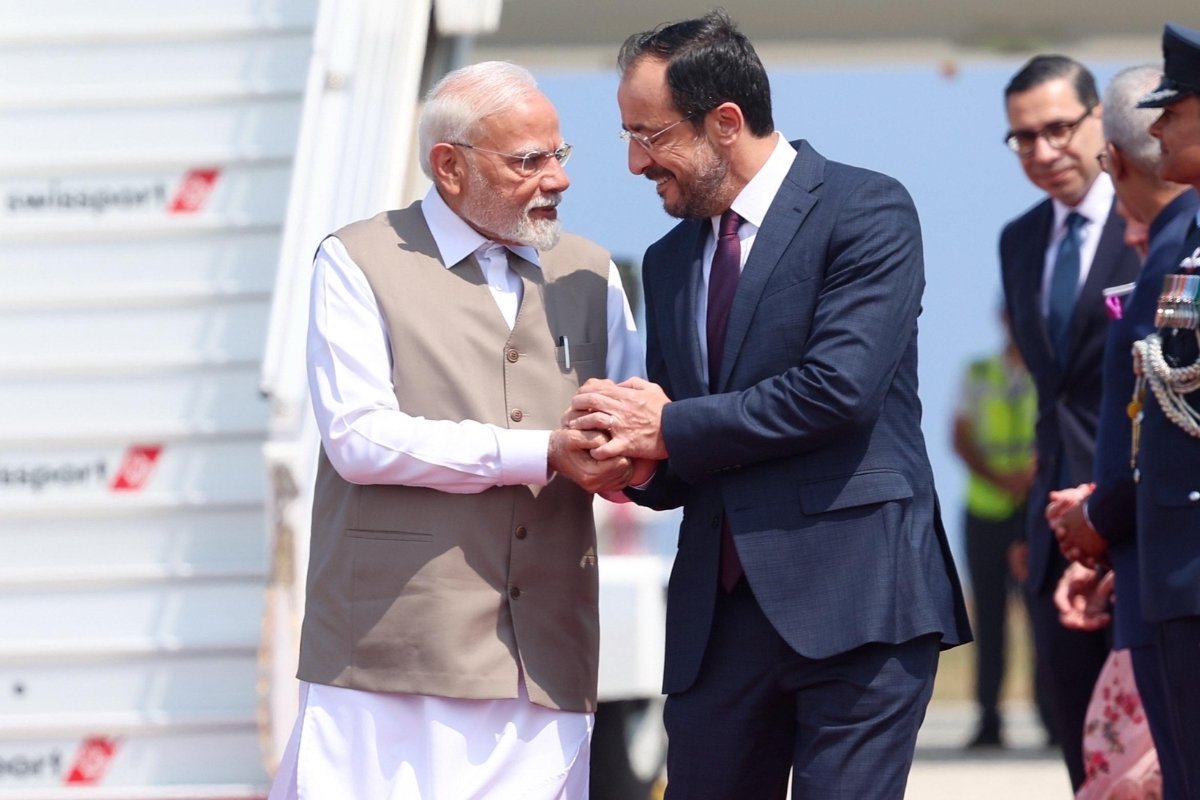
As Modi departed Cyprus for the G7 Summit in Canada, the visit left a lasting impact.
It strengthened India-Cyprus relations, opened new economic avenues, and sent a nuanced message to Turkey.
With Cyprus’s EU presidency on the horizon, India has a golden opportunity to deepen ties with Europe.
The focus on IMEC, UPI, and energy partnerships positions both nations for mutual growth.
The visit reminds India of its growing global influence.
For Cyprus, it is a chance to leverage India’s economic rise and cultural heritage.
Both nations navigate a complex world, so their partnership is a beacon of cooperation and resilience.
Conclusion: Join Us For More Insights!
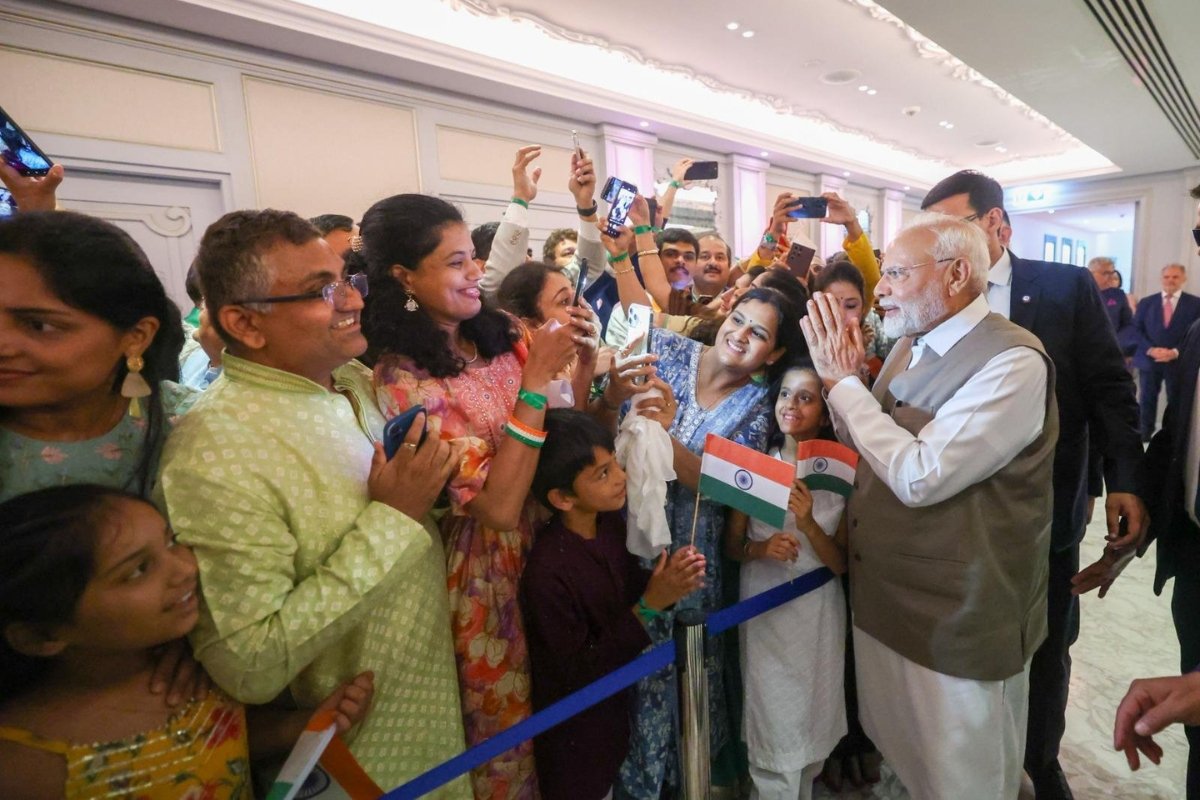
Wow, what a journey through PM Modi’s Cyprus visit!
This trip is a game-changer for India-Cyprus relations, from economic wins to geopolitical signals.
At THOUSIF Inc. – INDIA, we are passionate about bringing you stories that matter clearly and engagingly.
Loved this deep dive.
Check out our other articles for more global insights, and let us know your thoughts in the comments!
Trivia Time!
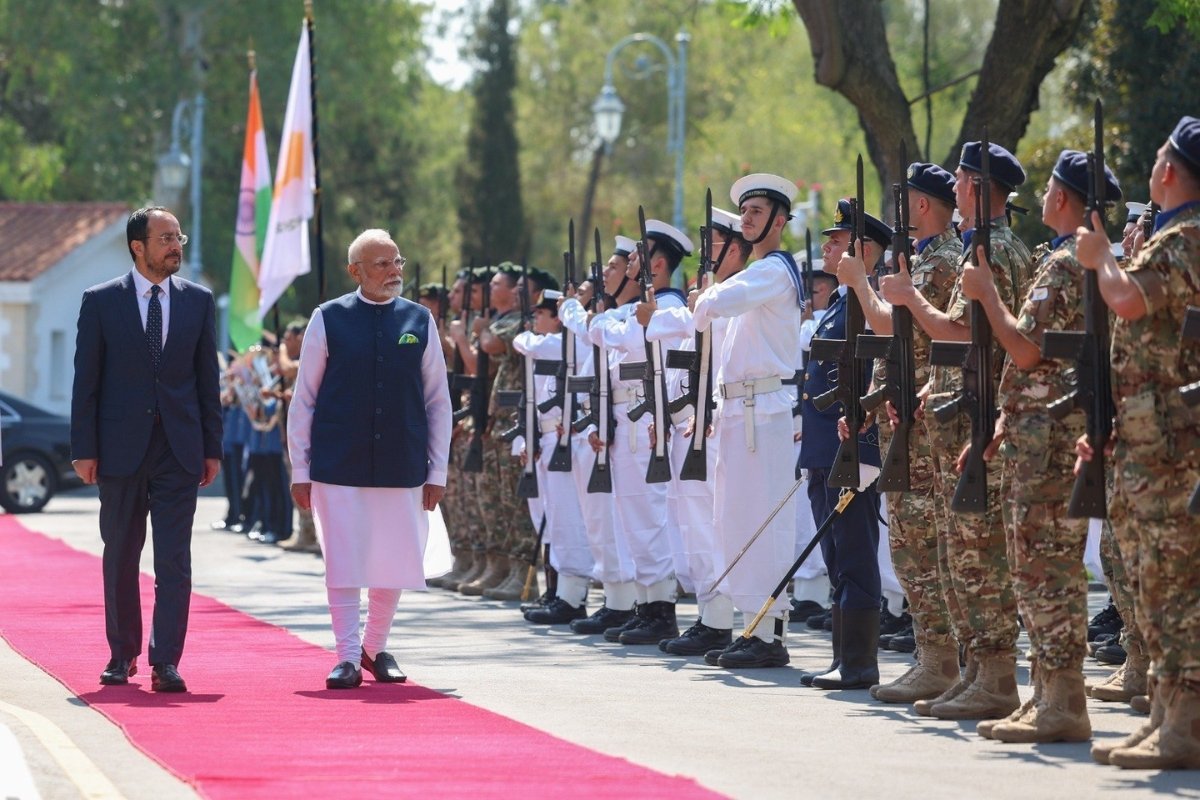
Did you know Cyprus is one of the sunniest places in Europe, with over 300 days of sunshine a year? No wonder PM Modi’s visit brought such a warm glow to bilateral ties!

